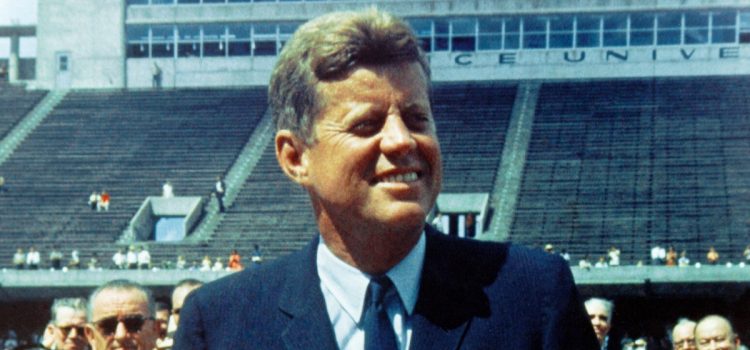What’s the best way to remember what you learn? How can you plan for interruptions when you study? What are some tips for effective note-taking? Learn Like a Pro: Science-Based Tools to Become Better at Anything by Barbara Oakley and Olav Schewe is a user-friendly guide to improving your approach to learning. Whether you’re a student in school or picking up a new skill, you can become a more effective learner. Continue reading for an overview of this practical book.
Learn Like a Pro: Science-Based Tools to Become Better at Anything










